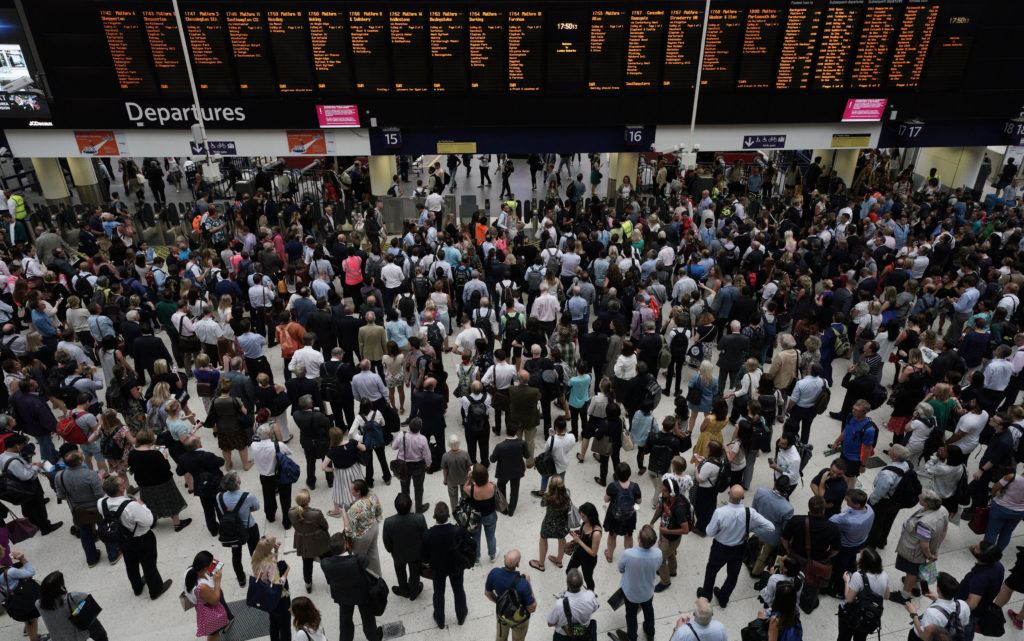The governor of the Bank of England, Mark Carney, said the UK economy has a "new lower speed limit" during the press conference to announce the interest rate increase - Stefan Rousseau/PA Wire/PA Images
“Productivity isn’t everything, but in the long run it is almost everything”. This phrase is often wrongly ascribed to former Federal Reserve Chairman Alan Greenspan. Authorship, in fact, belongs to the Nobel Laureate in Economics, Paul Krugman – who coined this pithy aphorism in his 1994 book, The Age of Diminishing Expectations.
“A country’s ability to improve its standard of living over time depends almost entirely on its ability to raise its output per worker,” argued Krugman. And he’s broadly right. That’s why the Western world has seen falling living standards over recent years, with lower income groups suffering particularly badly – a development which has upended our political culture, making it more febrile and divided. Across the ‘advanced’ nations, productivity growth has stalled – particularly in the UK.
Over the past twenty years, productivity – defined as value generated per hour worked – has slowed significantly in most developed countries. That explains why, across much of the OECD, real median disposable incomes have hardly progressed since the mid-1990s. In the US, such incomes have been trending down since 2004. In the UK, while real incomes have grown by a fifth over the last two decades, there has been a sharp deterioration in productivity, and real living standards, in the wake of the 2008 economic and financial crisis.

Between 1994 and 2007, UK productivity grew by 1.9% a year, driving up real wages and broader economic growth. Since 2008, however, the official Office for Budget Responsibility calculates productivity has risen by just 0.1% per annum. Even worse, during 2017, we’ve seen a sharp deterioration. From January to March this year, productivity in Britain fell 0.5%. During the following three months it fell again, by 0.1%.
Low productivity hits incomes and profits, undermining consumer spending and investment, so translating into lower growth. That also impacts tax receipts. As such, ‘the UK’s productivity puzzle’ is back in focus, ahead of Chancellor Philip Hammond’s annual budget statement later this month. The British economy has a “new, lower speed limit”, says Mark Carney. The Bank of England Governor acknowledges that productivity has slowed in just about every advanced economy in recent years, but insists “the slowdown has been more severe in this country than in others”.
The kind explanation of low UK productivity is that, as manufacturing has fallen from around a third of the British economy 40 years ago to around 15% today, with services expanding, the scope for productivity gains in a ‘post-industrial’ nation like the UK is simply lower. A related observation is that the British economy, particularly in recent years, has been extremely good at creating jobs.
Unemployment, at 4.3%, is at a 42-year low. Yes – France has higher productivity, but with a 10% unemployment rate. If the least productive workers are excluded from the labour market altogether, the productivity of those in work will be higher.

 Main Edition
Main Edition US
US FR
FR







Join the discussion
Join like minded readers that support our journalism by becoming a paid subscriber
To join the discussion in the comments, become a paid subscriber.
Join like minded readers that support our journalism, read unlimited articles and enjoy other subscriber-only benefits.
Subscribe